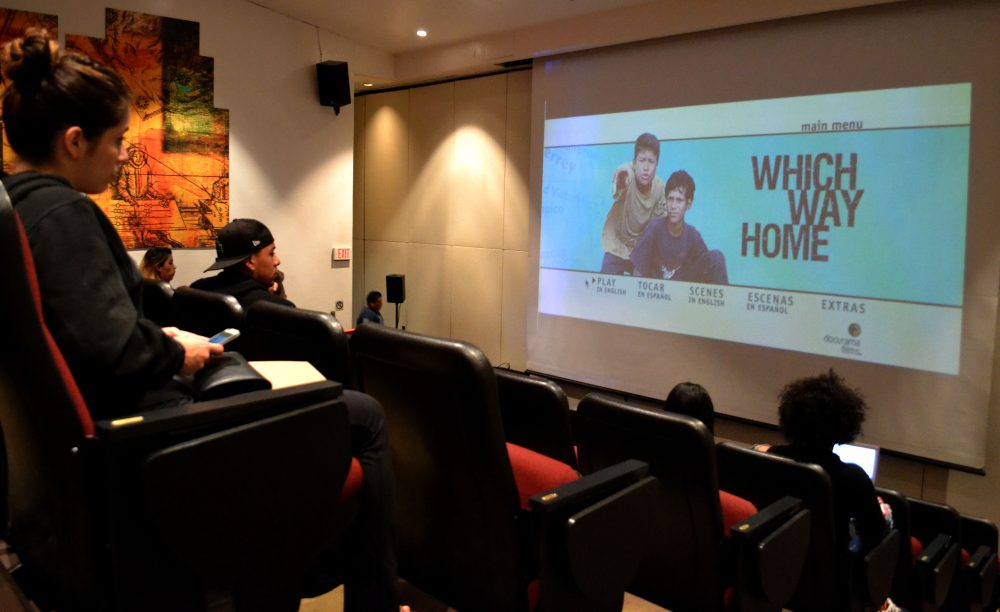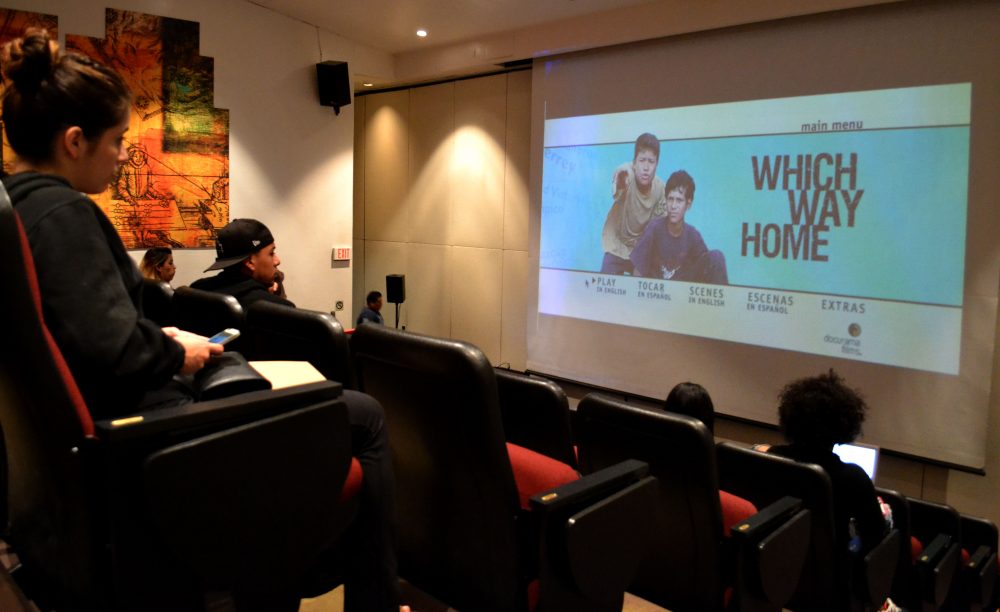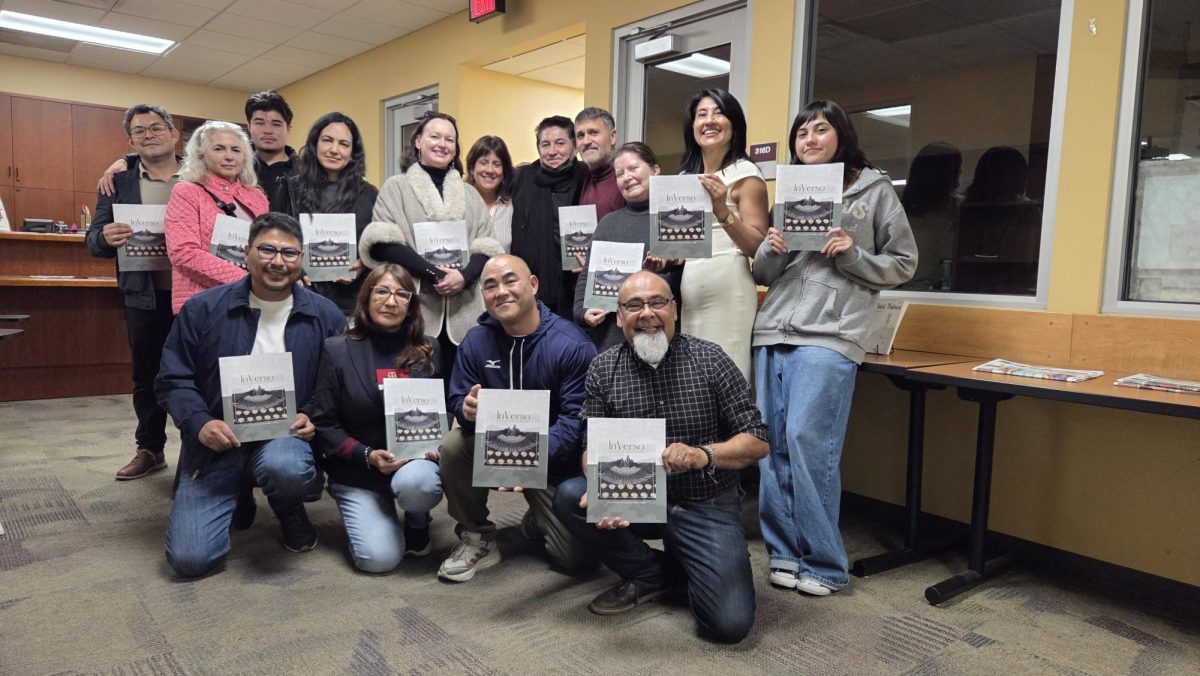Students were given the opportunity to see a different side of immigration Monday evening by taking a personal look of the migrant journey toward the United States through the eyes of children.
For their final event of the semester, members of the Central American United Student Association decided to showcase the documentary “Which Way Home.” The film follows various unaccompanied child migrants on their journey through Mexico as they try to reach the U.S.
“Everyone thinks that crossing the border is a criminal act,” said CAUSA vice president Jimmy Guevara. “In reality, it is all about necessity and survival. People need to understand that.”
Guevara goes on to say how immigrants, such as the children in this documentary, are simply looking for a better way of living for themselves and their families. He said the simple thought of achieving a better life serves as their motivation to overcome obstacles that may ultimately result in their deaths.
“It makes me sad to think about how these kids feel the need to leave their homes at such a young age in order to help provide for their families,” said sophomore Sydney Lopez. “I wish the Central American and Mexican government would fix their economies so they wouldn’t feel the need to leave.”
The children in the film explained how the act of hopping on multiple trains and staying on their rooftops until their next stop comes up was a challenge. One of the children, Kevin, explained how one of the final trains on the journey earned the name “The Beast” due to being responsible for many immigrants falling to their deaths after a moment of unawareness.
Despite hearing stories and seeing people people fall off of the train’s rooftops and being cut into pieces, the children still decide to go forth and try their luck in reaching the states.
“These kids have a different idea of what their responsibilities are within their families,” said CAUSA president Raquel Flores. “But it is important to know that [making this journey takes a toll] on them mentally and physically.”
Flores said that, whether or not these kids make it to their destination, they will always carry the horrors of the journey. She said the experiences would have the ability to shape them just as much as they would be able to harm them throughout their life.
Flores and Guevara both agreed that showing a documentary like this is important for students and people in general in order to help them understand the realities of others.
“We just hope that we can change some of [people’s] mentality or help educate them,” Guevara said. “The ultimate outcome of [our work] is to educate and challenge people to think in a different way.”
Donations for No More Deaths, a humanitarian organization working toward ending the death and suffering at the Mexico-U.S. border, are being accepted at the CAS office in Jerome Richfield 254.













